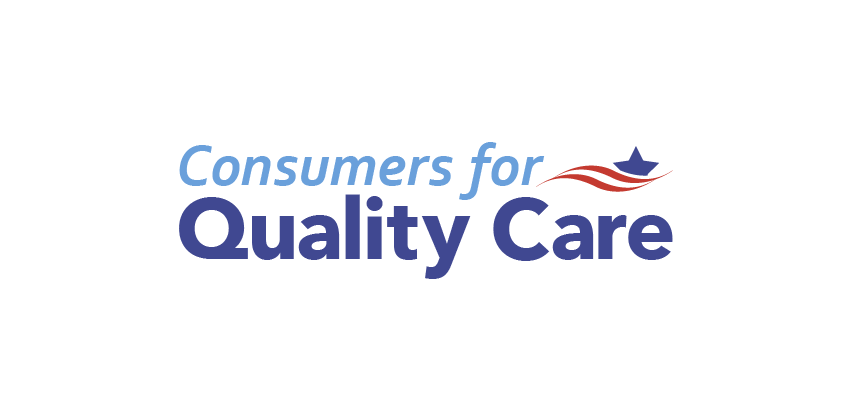With historic inflation and an ongoing pandemic, Americans have enough to worry about right now. The reality is that these uncertainties have only added to one of consumers’ biggest long-term struggles: health care costs. Today, rising costs are putting a strain on families’ budgets at a time when they can least afford it, forcing them to make unnecessarily difficult decisions when it comes to health care.
A 2021 study found that out-of-pocket costs – the bills consumers have to pay for the care insurance doesn’t cover – are continuing to swell. These costs neared $500 billion in 2021 and are projected to rise astronomically – to nearly $800 billion – by 2026. Decades-long rises in health care prices are on the cusp of being fully affected by inflation, threatening to leave families flatfooted very soon. Now, a Kaiser Health News-NPR investigation has found that 100 million Americans ― including 41% of adults ― are grappling with medical debt, a crisis that has been years in the making.
New research from Consumers for Quality Care, conducted by Impact Research and Public Opinion Strategies, found that Americans are overwhelmingly concerned right now about the cost of health care and being able to afford their care. By a two-to-one margin, 45% of voters reported that out-of-pocket costs were too high, and 80% said the amount they pay out-of-pocket for health care seems to be going up every year. Sixty percent of Americans report they have skipped or delayed getting care because they are concerned about how much they will have to pay out-of-pocket.

